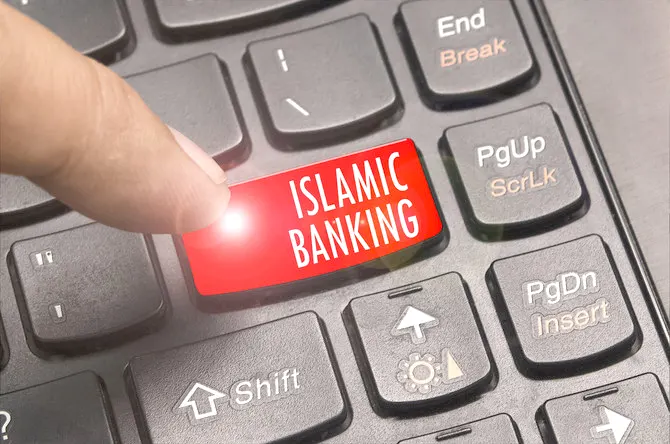US-based Fitch Ratings has retained a neutral outlook for Islamic banks in the Gulf Cooperation Council region for 2024 thanks to high oil prices and profit rates.
In its report, Fitch said that Islamic banks in the region could witness sound profitability next year, and capital buffers should remain adequate to counter the risks.
“Financing growth is expected to be reasonable and higher than conventional banks. Asset quality should remain stable despite higher profit rates,” said Fitch in the report.
The credit rating agency predicted more consolidation in the Islamic banking sector in Europe, the Middle East and Africa.
“We expect more consolidation as Islamic banks continue to consolidate their positions. In the GCC and Jordan, Islamic banks’ market share of sector assets ranged from 85 percent down to 16 percent, with growth likely to outpace conventional banks in 2024,” added the rating agency.
Fitch further noted that smaller Islamic banks with weaker franchises and pricing power, higher funding costs and thinner capital buffers will feel the heat in 2024.
Citing the recent example of Kuwait Finance House’s acquisition of Ahli United Bank, the credit rating agency said that new mergers and acquisitions could create regional banking leaders in 2024.
The report noted that most outlooks are stable for Islamic banks in the region.
The positive outlooks relate to Qatari Islamic banks, reflecting improvements in their external balance sheet and better debt to gross domestic product forecasts.
On the other hand, the negative outlooks relate to three Turkish Islamic banks suffering from high vulnerability of their financial profiles and operating environment risks.—AN










